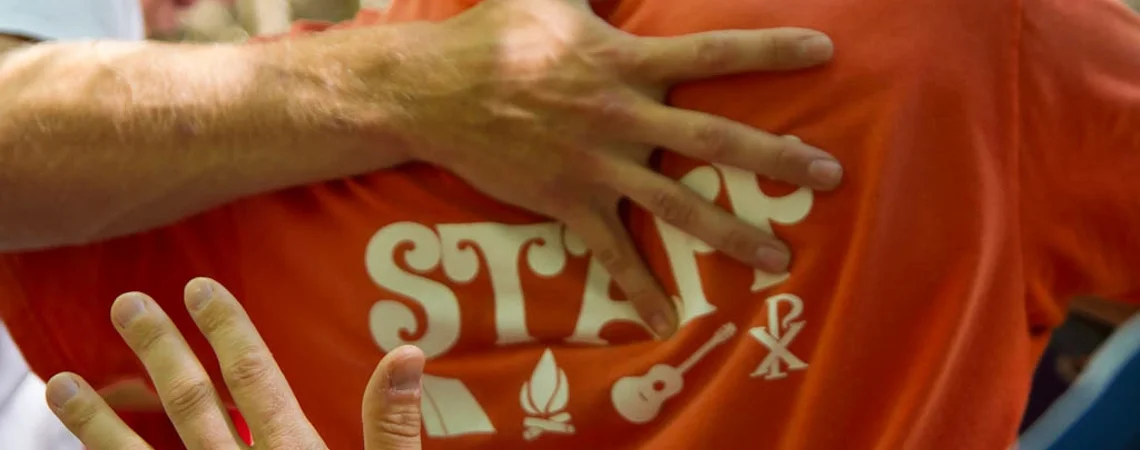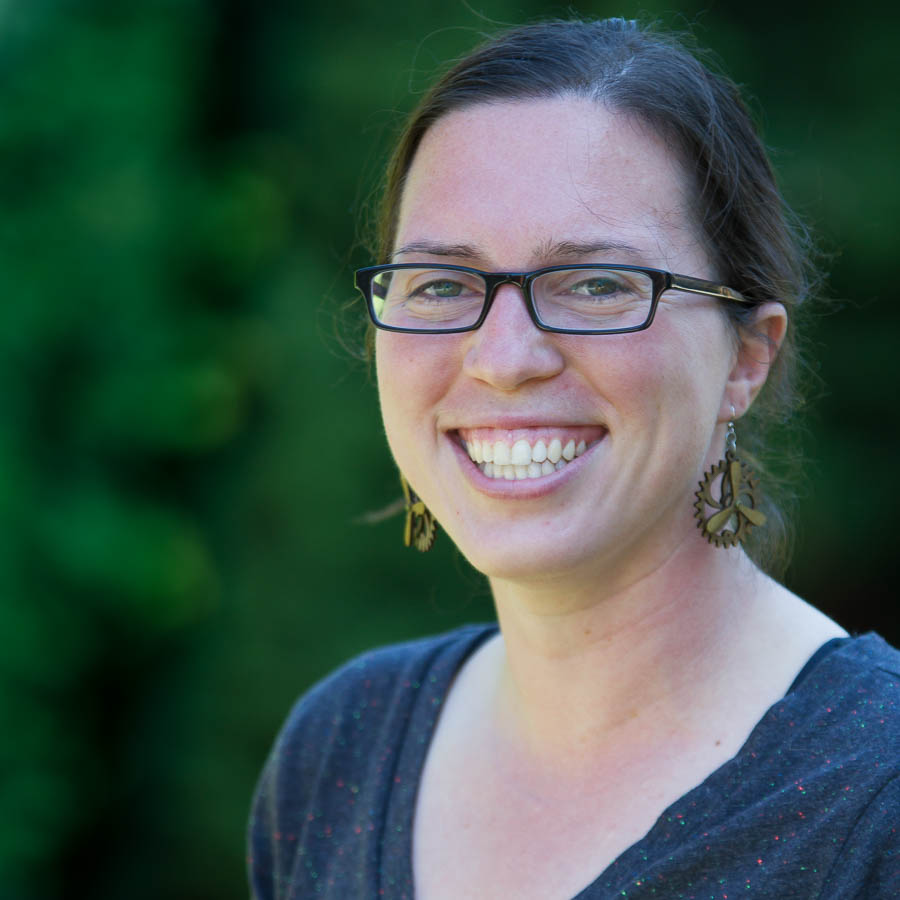Child Protection & Safety Training at Summer Camp
The summer camp season is quickly approaching. As you work hard to finalize preparations for a busy and fun summer, it is also important to spend time focused on child protection safety training.
Training and educating camp staff, volunteers, and anyone else who comes in contact with child campers about how to best safeguard these children is a key component to preparing for a safe and fun summer season. Child safeguarding includes a range of health and safety issues, from protecting children against overheating and dehydration to preventing abuse or physical harm of children while in your care.
Here are four useful tips to share with your staff to help ensure your child campers remain safe.
Employ a Structured Safety and Risk Management Program
The most effective safety training is accomplished through a series of orientations, training sessions and skills assessments for all staff and volunteers. If you don’t already have one, consider developing a written Safety and Risk Management Handbook, which includes procedures to follow during a critical situation or emergency as well as safety regulations, standards, and inspection information.
Ensure Medical Care Policies are Written and Shared Among All Staff
Your camp should have written health policies and protocols that have been reviewed and approved by a physician with specialized training in children's health, preferably a paediatrician or family physician. Be sure to inquire about the previous training and camp experience of the camp health care provider and all staff, so you can identify any knowledge gaps and plan for additional training before the busy season kicks off.
Also consider establishing relationships with local dentists, orthodontists and mental health professionals who are willing to treat emergencies if the need arises.
Communicate Zero Tolerance Policies Regarding Abuse
Clearly worded, written and published rules of conduct consistent with law and camping industry standards must be established. Campers and staff must be trained, supervised and evaluated on their performance and appropriately disciplined should a breach occur, including expulsion from camp or termination from employment. It’s wise to always employ “two deep counsellor supervision,” which means that no adult will be allowed to be alone with a camper in an isolated place.
Staff should be trained to recognize signs of abuse as well as misconduct and report these to their supervisor or manager.
Train Staff to be “Upstanders” to Prevent Bullying at Camp
Bullying is prevalent and has a high impact on emotional functioning, so it is vital that summer camps take steps to tackle the problem head on. An “upstander” is someone who recognizes, responds to, and reports bullying behaviour. Dedicated anti-bullying training for staff, and campers, will stop cycles of abuse before they even begin and ensure a positive camp experience for every camper.
About the Author
Keir McDonald MBE is founder and Director of EduCare, an online training solutions company that specializes in child protection, exploitation and online safety, and bullying and child neglect. EduCare is associated with both Kidscape and Family Lives and customers include over 4,000 schools and colleges and 12,000 pre-schools as well as councils, the NHS, charities and more.





